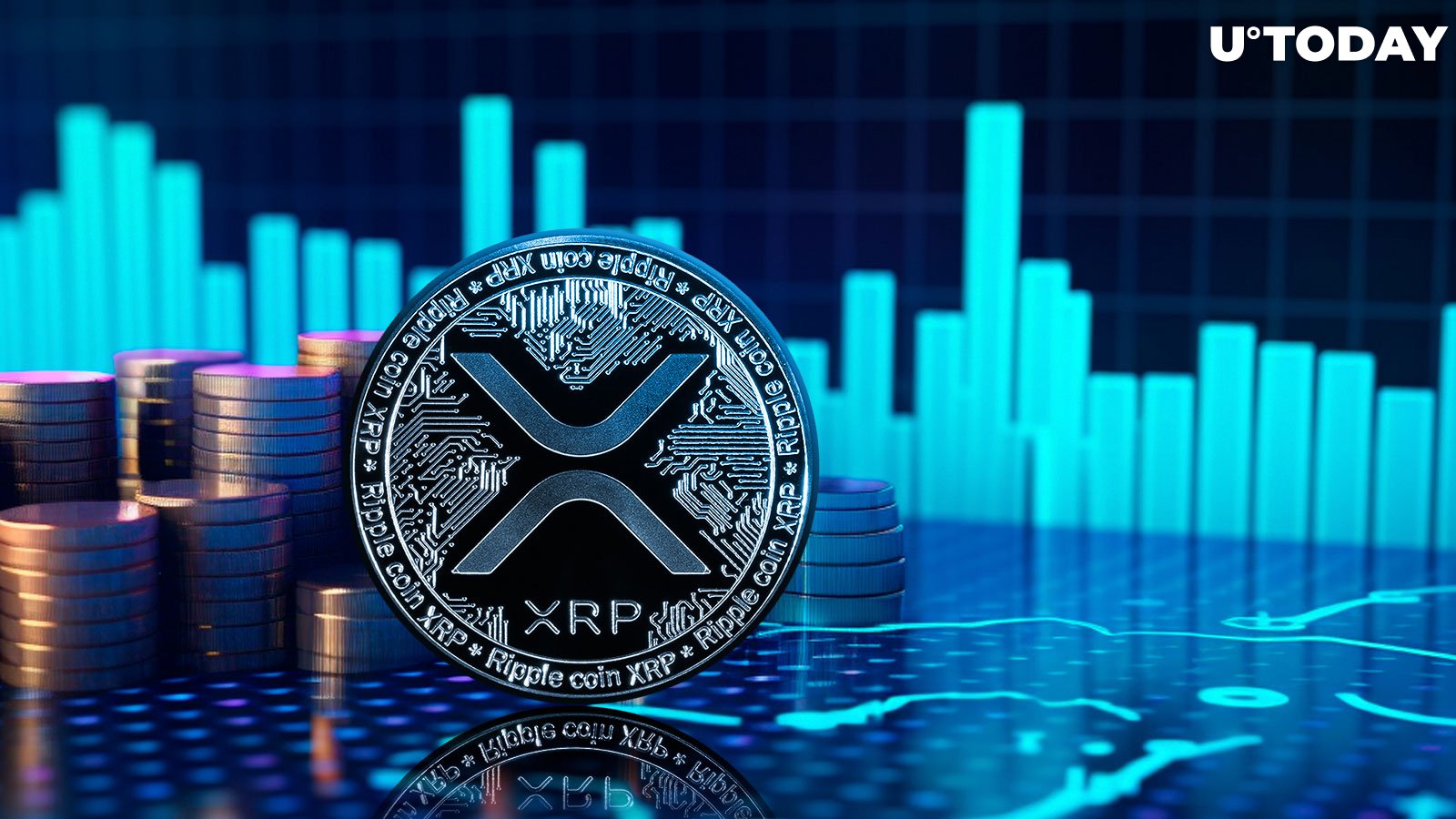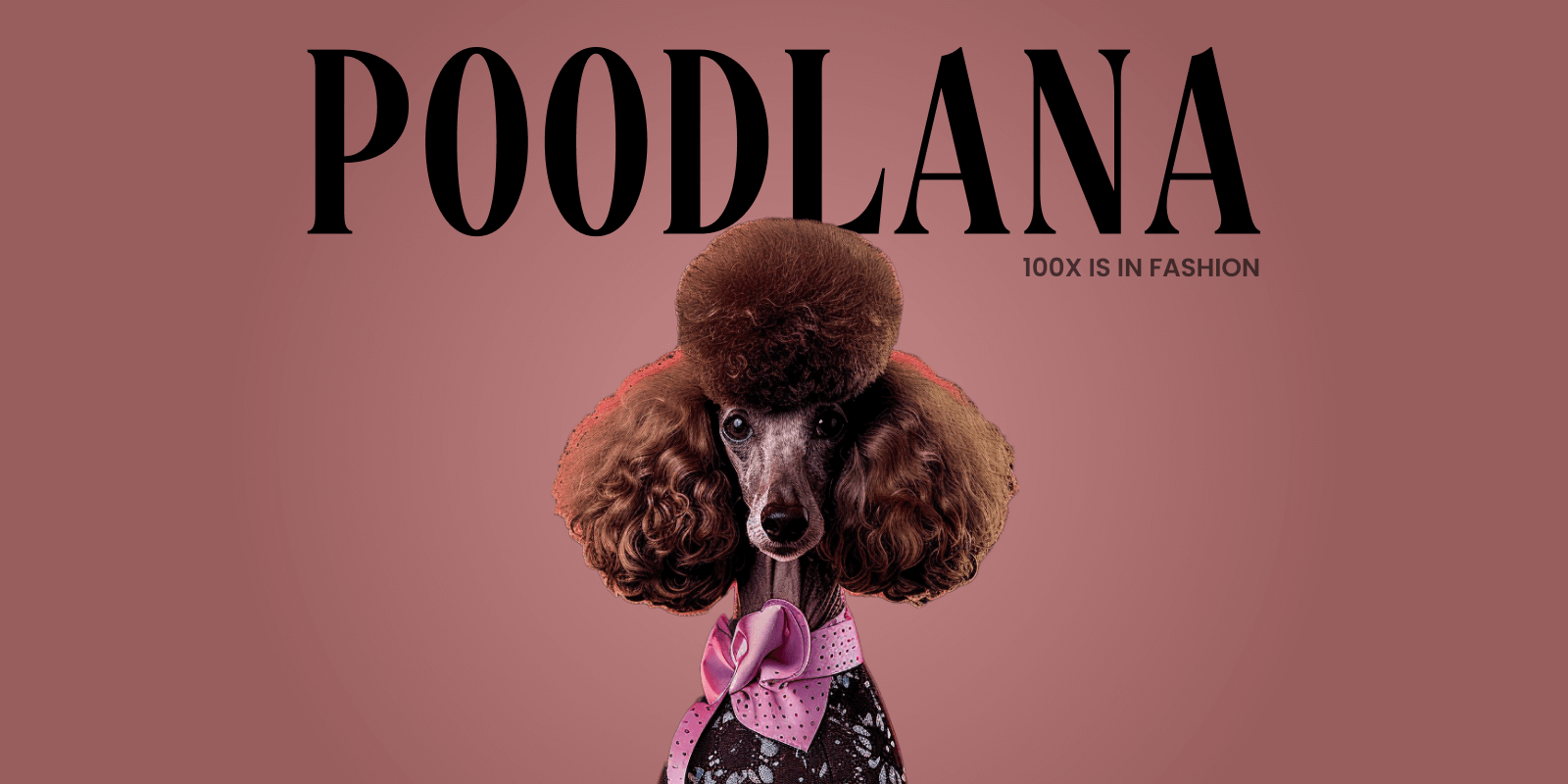Interview: Whisky investment promises high returns, but beware of scamsters, says Mark Littler of Protect Your Cask
In the fast-moving world of equities and cryptocurrencies, investment in whisky occupies a rather small portion of people’s portfolios, if at all.
In recent years, however, this alternative asset class has seen growing investor interest, with new distilleries entering the market globally.
However, while returns on cask investments can be attractive over time, investing through cask ownership has become a minefield, breeding scammers out to profit from the relatively opaque market.
Organizations like Protect Your Cask are guiding interested investors to make informed decisions and avoid getting cheated.
Invezz spoke to Mark Littler, co-founder of Protect Your Cask, whisky consultant, and broker to learn more about investing wisely in this niche asset class, the various pitfalls, and his picks. Edited excerpts follow:
Invezz: Give us an overview of the whisky investment space and how it differs from other asset classes.
Cask sales were historically a way for distilleries to generate revenue. As recently as 2002, you could walk up to the Macallan distillery and buy a cask. Thus, the industry and the brokers have always historically sold casks to the public, which have generally yielded very good returns for those who are patient.
For instance, if you bought a cask of Springbank in 1993 for a thousand pounds, it could be worth between 100,000-300,000 pounds today depending on the size of the cask and the amount of whisky in it.
The market has been sliding now for about two years, but broadly speaking, it’s just correcting all of the growth that we saw from 2021 to 2022, which coincided with very low interest rates and the crypto boom. At that time, everyone was looking for alternative assets, and people like me were cautioning that there was nothing underpinning these prices in most cases.
Whisky cask: Look before you invest
Invezz: What are the problems with whisky cask investment and how are people getting scammed?
The biggest problem with whisky cask investment is that most people who are buying casks today are not taking ownership of their casks and instead rely on companies holding casks on their behalf, which is leading to a lot of fake selling of titles.
Because the cask is stored in a warehouse in Scotland, and it must stay there to be called Scotch whisky, you cannot take physical ownership of it.
The Scotch Whisky Association as well as excise notices set by HM Revenue and Customs (HMRC) state that ownership should be transferred in the warehouse. So, if you are buying a cask and it has your name on it in the warehouse, you have complete autonomy.
However, when companies hold casks on behalf of their customers rather than transferring the ownership, the investment becomes riskier because if that company goes into liquidation or disappears, you are left with a piece of paper and have no way to prove that what you bought exists.
I won’t name them, but there is definitely one company that’s gone into liquidation in the UK and it appears to be disappearing without being able to give anybody their casks. Likewise, the London City Police is investigating one of the cask investment companies, so these fears are very much real.
Invezz: What is the ideal time to hold whisky assets for them to accrue maximum value?
There is a promise of high profits from cask investment; however, one has to be prepared to take a young cask of whisky and age it to an older state.
You’ve got to be buying something between 0-10 years old and aging it to 18-25 years old, and that’s the key to whisky cask investment where you get rewarded by adding value to the product.
If you take a 3-year-old whisky and come back with a 6-year-old or even a 10-year-old whisky, you’re not adding much value to it.
Exponential earnings occur as the whisky ages: Macallan is a good example. Their 12-year-old is 70 pounds a bottle and their 18-year-old is 350 pounds a bottle. So, the price has gone up by five times in six years, and then the jump from an 18-year-old to a 25-year-old Macallan is about 2,000 pounds a bottle. It’s an exponential curve.
A new make of cask from a big distillery can come for around 2,000-3,000 pounds a barrel while those for say 5-8 years old can cost you around 4,000-7,000 pounds, but these are today’s market prices that may increase or decrease.
Also, I always advise people if they are buying a cask, to stick to lower values and not go investing tens of thousands or hundreds of thousands of pounds into casks because it’s much more likely that you’ve been abused in terms of the pricing structure.
If somebody overcharges you 100% for a cask of new make whisky and they charge you 4,000 pounds, not 2,000 pounds, you’ve only lost 2,000 pounds.
But, if someone overcharges you 100% too much for a cask of Macallan, you might be overcharged 300,000-400,000 pounds, maybe even half a million pounds. And that’s where these companies like to prey because there’s a lot more profit for them to sell those on the upside.
Scotch whisky: The safest bet
Invezz: Apart from Scotch whisky and Irish whiskey, are there any other whiskies coming from other geographies that are becoming a favourite of investors?
While Irish whiskey is a new and emerging market, the distilleries are still young, and it remains to be seen whether they can transform the youngish distilleries into big established market players.
Scotch is the safest bet, I would say, because the distilleries and market is the oldest and they also have very stringent regulations about bottling and maturation.
There are some Japanese distilleries where you can buy casks of whisky from, but again, you have to satisfy yourself, wherever you are based, that you fully understand their excise rules because the same rules apply there.
With American whiskey, it’s tricky because of the warehouse conditions. Scotland is very cold and wet and miserable most of the year, which is great for maturing whisky for a long period of time. In Kentucky, it’s very hot and humid in the summers and cold in the winters, so your evaporation rates are incredible. This means you might not be able to hold a cask for very long—less than five or ten years in most cases. Scotch whisky is the biggest and best globally with brands like Johnnie Walker because it’s been built very slowly on very solid foundations.
Invezz: Do you have any picks for investment in bottled whisky?
Obviously, brands like Macallan are more than just a drink; they’re luxury. They partner with Bentley. They’re not just bottles of whisky; it’s like buying status.
However, if you look at a lot of their modern releases like the Folio Seires—they’re in a big fancy presentation case, but they’re not really worth that much because they’re just no-age statement whiskies.
If you look for something that’s undervalued in the market—Macallan Anniversary Malts, for instance, which were released from 1983 up to the year 2000. It’s a 25-year-old whisky that went in there highly rated by critics and is also very undervalued; the 1957 Anniversary Malt you can pick up for 5,000-6,000 pounds and that’s a whisky that’s been on the market for 40 years, sold less than 200 times in 40 years and it’s almost criminally undervalued because people don’t understand those bottles.
Things to avoid would be no-age statement whiskies that are being released by a lot of distilleries in limited editions, but their limited edition numbers are often almost open-ended, 2,000 to 10,000 bottles, which is not necessarily that limited, he says.
The post Interview: Whisky investment promises high returns, but beware of scamsters, says Mark Littler of Protect Your Cask appeared first on Invezz






